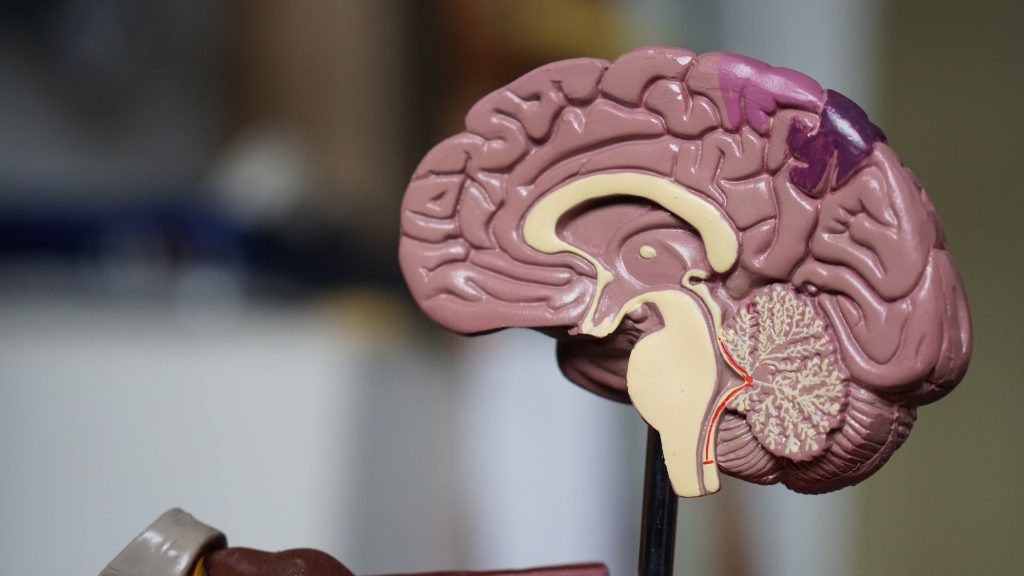Do these look familiar to you?
Do you believe you understand addiction? Then you may recognise the following prevalent misconceptions:
Myth No. 1: Drug addiction is a choice. You begin by occasionally consuming alcohol or other substances of your own volition. But something happens over time, and you become a habitual drug user. Why? Because the continued use of addictive drugs affects your brain over time—sometimes dramatically, sometimes subtly, but almost always in ways that result in obsessive and even uncontrollable drug usage.
Myth No. 2: Addiction is a character weakness. Addiction to drugs or alcohol is a brain disease. Every substance, from alcohol to heroin, has its unique mechanism for altering brain function. But the effects on the brain are the same, regardless of addiction. This includes changes in the molecules and cells that make up the brain, mood, memory, and motor skills like walking and talking. The substance becomes your single, strong incentive.

Myth No. 3: You can’t make someone go to therapy. Therapy does not need to be voluntary. People forced to get treatment by their family or the law can do just as well as those who volunteer. They sometimes perform better because they are likelier to stay in treatment and complete the programme. In 1999, the criminal court system directed more than half of all teenagers admitted to treatment in the United States.
Myth No. 4: Addiction treatment should be a one-time event. Drug addiction, like many other disorders, is a chronic disorder. Some people can stop using drugs or alcohol by “cold turkey” after only one treatment session at a recovery clinic. However, most addicts require longer-term treatment and, in many cases, many therapies.
A structured program overseen by professionals starts with medically supervised detox for safety. After that, counselling to address the emotional and psychological aspects are important, apart from participation in self-help groups.
Myth No. 5: We should seek a “magic bullet” to treat all types of drug addiction. There is no “one-size-fits-all” approach to drug therapy, let alone a magic pill that would instantly cure addiction. Some folks have distinct substance misuse issues. Also, people respond very differently to the same treatment, even when they take the same drug, such as alcohol. So, alcoholics and drug addicts need a combination of individualised therapies and services for effective recovery. Choosing a personally effective program may include trying out multiple doctors or treatment services until a “match” between the patient and the programme is found.
The 12-step programme is the most successful treatment (WHO); a treatment program that incorporates the 12 steps of Alcoholics Anonymous to handle clients’ particular needs is the best bet.

Myth No. 6: Individuals do not require treatment – if they want to, they can stop using drugs. It is challenging for drug addicts and alcoholics to attain and maintain long-term abstinence. According to research, long-term drug use affects a person’s brain function, making them crave the substance even more, making it increasingly difficult to quit without good therapy.
It is essential to step in and stop children from becoming addicted to drugs because they get hooked on them faster than adults and face more serious physical, mental, and emotional harm.
Myth No. 7: Therapy does not work. According to studies, drug therapy reduces drug use by 40–60% and can dramatically reduce criminal behaviour during and after treatment. There is also evidence that drug addiction therapy lowers the risk of infectious diseases, such as Hepatitis C and HIV. Intravenous drug users who enter and stay in treatment are up to six times less likely to become infected with HIV, improving job prospects by up to 40%.
Alcoholics also indulge in risky behaviour while under the influence, and their impaired judgement makes them vulnerable to infectious diseases and getting hurt in violent situations.
Myth No. 8: People seek treatment voluntarily once they have reached rock bottom. Before that happens, numerous factors can drive a person to join and finish therapy. Family and workplace pressure and the personal realisation that they have a problem can be important motivators. Parents and school authorities are frequently driving factors in getting kids into therapy before things get out of hand.
Myth 9: If people are sincere, they may complete addiction treatment in a matter of weeks. Research suggests a minimum of 90 days of treatment for outpatient programmes and a minimum of 28 days for short-term inpatient programs. Sustained supervision and support are required.
The length of treatment is the best predictor of success in all addiction treatment programmes. Patients who receive therapy for at least a year are more than twice as likely to remain drug-free and sober. A recent study found that adolescents who met or exceeded the minimum treatment time were more than one and a half times more likely to avoid drugs and alcohol.
Myth No. 10: Individuals who take drugs or alcohol after therapy are hopeless. Finishing a treatment programme is only the first step in a lifelong quest for recovery. Substance addiction is a chronic condition; relapses are not failures. Stress from work or family concerns, social signs (meeting friends from the drug-using past) or the environment (encountering streets, items, or even odours linked with substance use) can all easily trigger a relapse. A good therapy program will have an individualised relapse prevention program.
Addicts and alcoholics are most vulnerable to relapse in the first year of sobriety. That’s why ongoing therapy support is essential for recovering to avoid a relapse.
If you or a loved one is struggling with an addiction, call Freephone 0800 140 4044
Freephone: 0800 140 4044
Local rate: 0300 330 3040



